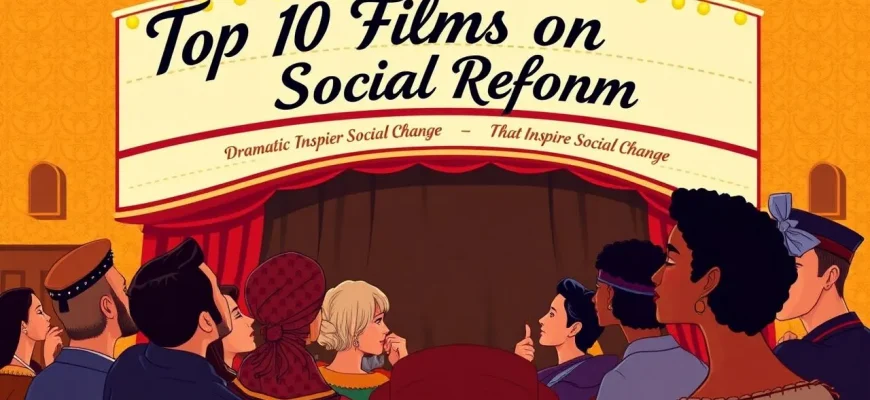In the world of cinema, few genres have the power to stir the soul and provoke thought like drama, especially when it's woven with the threads of social reform. These films not only entertain but also enlighten, shedding light on the struggles and triumphs of those fighting for change. Here's a curated list of 10 dramatic films that delve into the heart of social reform, offering both a mirror to our society and a beacon of hope for a better future.
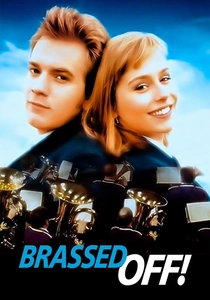
Brassed Off (1996)
Description: Set in a Yorkshire mining town, this film captures the struggle of the miners and their brass band during the 1984 strike, showcasing the community's fight for survival and the importance of cultural identity in social reform.
Fact: The film was inspired by the real-life story of Grimethorpe Colliery Band. It features a memorable performance of "Concerto de Aranjuez" by the band.
 Watch Now
Watch Now
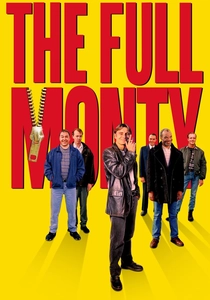
The Full Monty (1997)
Description: While primarily a comedy, this film touches on themes of unemployment and the changing social landscape in post-industrial Britain, with a group of men turning to stripping to make ends meet, highlighting economic and social reform.
Fact: The film won an Academy Award for Best Original Musical or Comedy Score. It also led to a stage musical adaptation.
 Watch Now
Watch Now
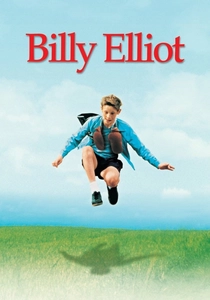
Billy Elliot (2000)
Description: Set against the backdrop of the 1984 miners' strike, this film explores themes of class, gender, and personal freedom as a young boy pursues his dream of becoming a ballet dancer, challenging traditional expectations.
Fact: The film was adapted into a successful stage musical. The role of Billy was played by Jamie Bell, who learned to dance for the part.
 Watch Now
Watch Now
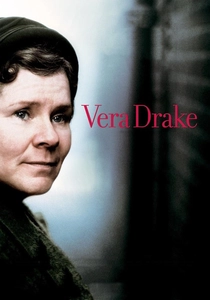
Vera Drake (2004)
Description: This film portrays the life of Vera Drake, a working-class woman in 1950s London who performs illegal abortions, highlighting the social and legal reforms needed around women's reproductive rights.
Fact: Imelda Staunton received an Academy Award nomination for Best Actress for her role. The film was also nominated for the Palme d'Or at Cannes.
 Watch Now
Watch Now
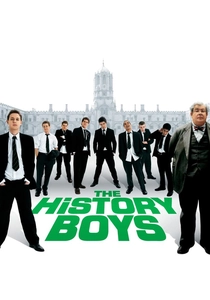
The History Boys (2006)
Description: This film adaptation of Alan Bennett's play focuses on a group of bright working-class boys preparing for university entrance exams, exploring themes of education, class, and social mobility.
Fact: The film was adapted from a highly successful stage play. It features an ensemble cast of well-known British actors.
 Watch Now
Watch Now
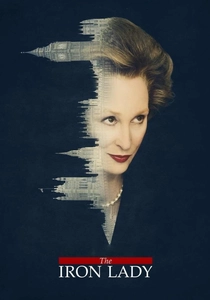
The Iron Lady (2011)
Description: This biopic of Margaret Thatcher, Britain's first female Prime Minister, delves into her political career, her impact on social reform, and the controversial policies she enacted.
Fact: Meryl Streep won an Academy Award for Best Actress for her portrayal of Thatcher. The film was criticized for its portrayal of Thatcher's dementia.
 Watch Now
Watch Now
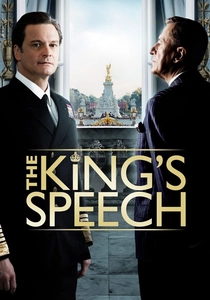
The King's Speech (2010)
Description: While primarily about King George VI's struggle with his stammer, the film also touches on the social reforms and the role of the monarchy during a time of great change in Britain.
Fact: The film won the Academy Award for Best Picture. It was also the first film directed by Tom Hooper to win an Oscar.
 Watch Now
Watch Now
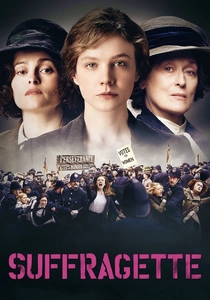
Suffragette (2015)
Description: This film brings to life the early 20th-century British suffragette movement, focusing on the militant actions taken by women to win the right to vote. It's a poignant reminder of the sacrifices made for gender equality.
Fact: Meryl Streep, who plays Emmeline Pankhurst, only appears for about 7 minutes in the film, but her presence is impactful. The film was also the first to be shot in the Houses of Parliament in over 100 years.
 Watch Now
Watch Now
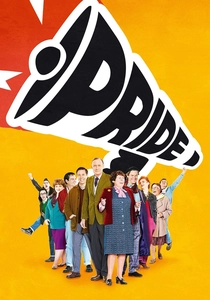
Pride (2014)
Description: This heartwarming British film tells the true story of the unlikely alliance between striking miners in Wales and a group of gay and lesbian activists from London. Their joint efforts to support each other during the 1984 miners' strike highlight the power of solidarity and social change.
Fact: The film was inspired by the real-life group Lesbians and Gays Support the Miners (LGSM). It was also nominated for the BAFTA Award for Outstanding British Film.
 Watch Now
Watch Now
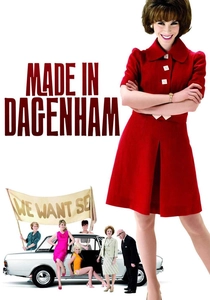
Made in Dagenham (2010)
Description: Set in 1968, this film follows the true story of female workers at the Ford Dagenham car plant who strike for equal pay, leading to significant changes in UK employment law. It's a testament to the impact of grassroots activism.
Fact: The film was based on the real-life events of the 1968 Ford sewing machinists strike. The song "Made in Dagenham" was written specifically for the film by David Arnold and Billy Bragg.
 30 Days Free
30 Days Free

